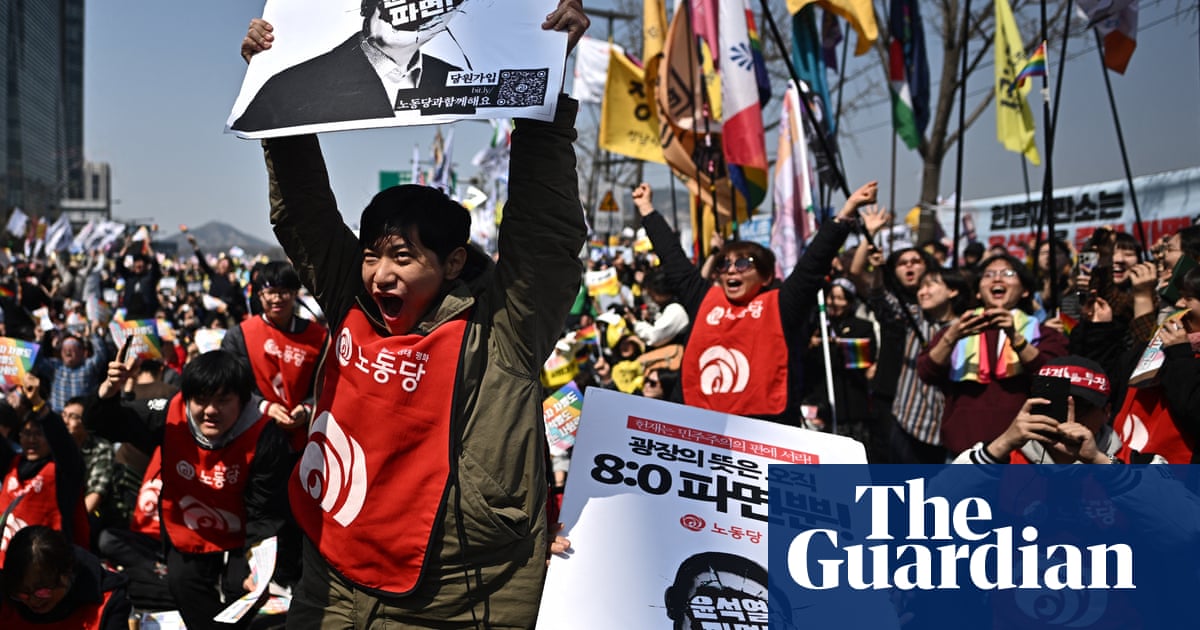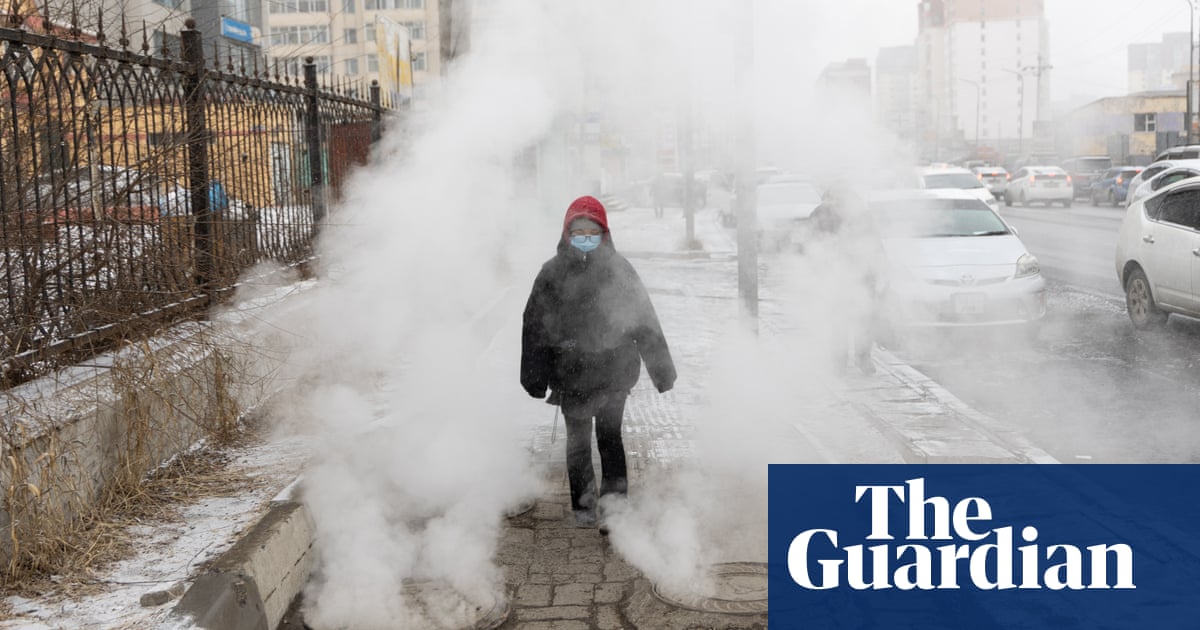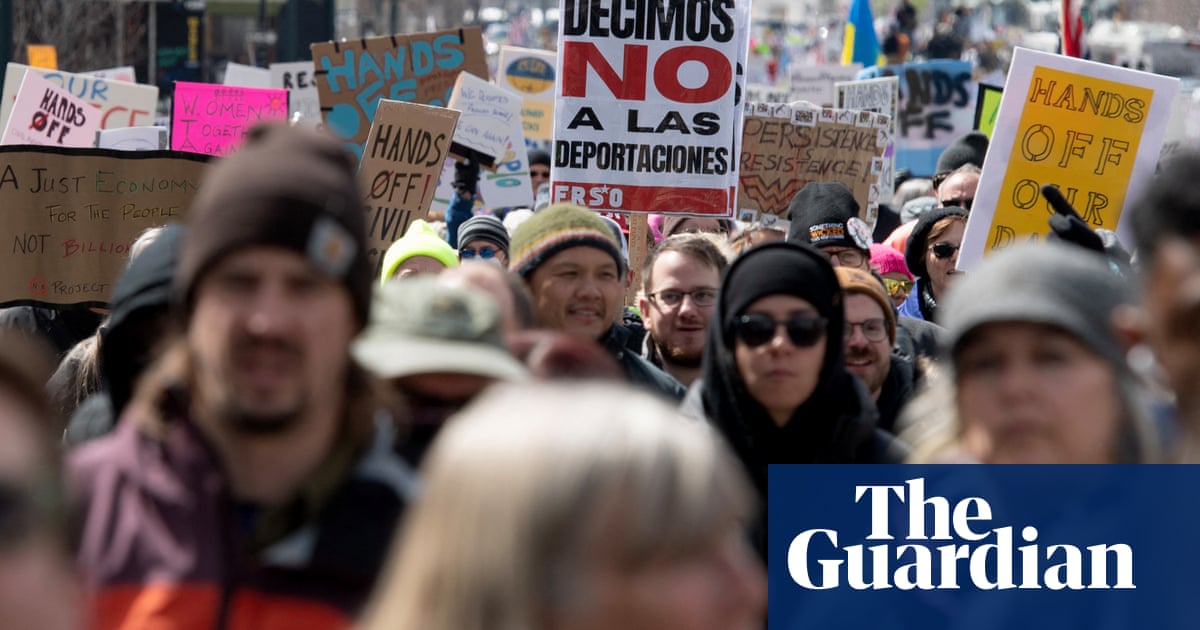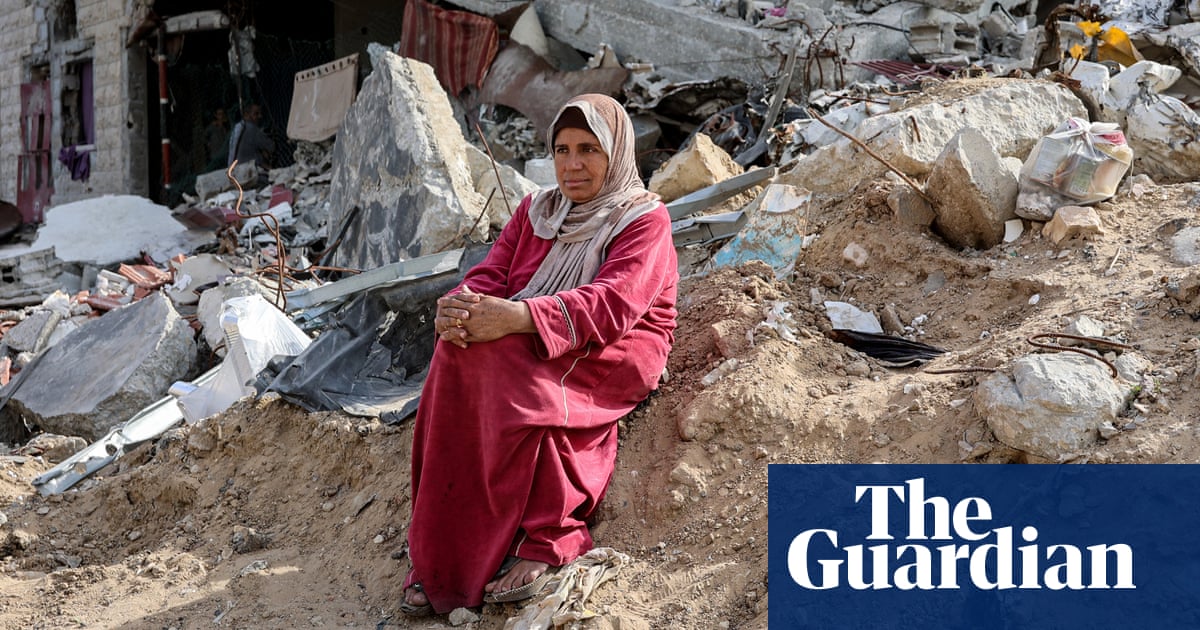More people were executed in 2024 than in any other year over the past decade, mainly reflecting a huge increase in executions in Iran, Iraq and Saudi Arabia, according to Amnesty International’s annual report on the use of the death penalty.
The human rights NGO said that although the number of countries carrying out executions was the lowest on record, it had confirmed 1,518 executions globally in 2024, a 32% increase over the previous year and the highest since the 1,634 carried out in 2015.
The real total was far higher, Amnesty added, because its figure did not include thousands believed to have been executed in China, the world’s biggest executioner, or North Korea and Vietnam, also thought to use the death penalty extensively.
Iran, Iraq and Saudi Arabia, which accounted for 91% of executions worldwide, were responsible for the increase. Iraq almost quadrupled its executions from at least 16 to at least 63 and Saudi Arabia doubled its yearly total from 172 to at least 345.
Iran executed 119 more people than in 2023, raising its tally to at least 972 – a figure that included 30 women and represented 64% of the global total. All known executions in Iraq were for terrorism offences, while about half of those in Iran were for drug-related offences.
Other countries where executions increased included Egypt (from eight in 2023 to 13 last year); Singapore, where executions nearly doubled (from five to nine); and Yemen, where the total more than doubled from at least 15 to at least 38.
The total of 25 executions in the US was one more than in 2023 and the most since 2018. The period studied covers Joe Biden’s last year in office. His successor, Donald Trump, has said he aims to “vigorously pursue” the death penalty as a tool to protect people “from violent rapists, murderers, and monsters”.
Only 15 countries were known to have executed people in 2024, the lowest on record for the second year running, Amnesty said, adding that 113 countries were now fully abolitionist and 145 had abolished the death penalty in law or in practice.
The campaign organisation also noted that several countries had legally limited their use of the death penalty, and that for the first time, more than two-thirds of all UN member states had voted in favour of a resolution on a moratorium.
Agnès Callamard, Amnesty International’s secretary general, said it was clear that countries that retained the death penalty were an “isolated minority”. She added that the tide was turning against “a cruel, inhuman and degrading punishment”.
But Callamard said the death penalty was still being weaponised in some countries under the “false pretence” it would improve public safety, and in others such as Iran and Saudi Arabia to silence political dissent from “those brave enough to speak out”.
Amnesty also noted that more than 40% of executions in 2024 were carried out for drug-related offences, which it said was not only unlawful under international human rights law and standards but had no proven effect in reducing drug trafficking.

 6 hours ago
3
6 hours ago
3













































